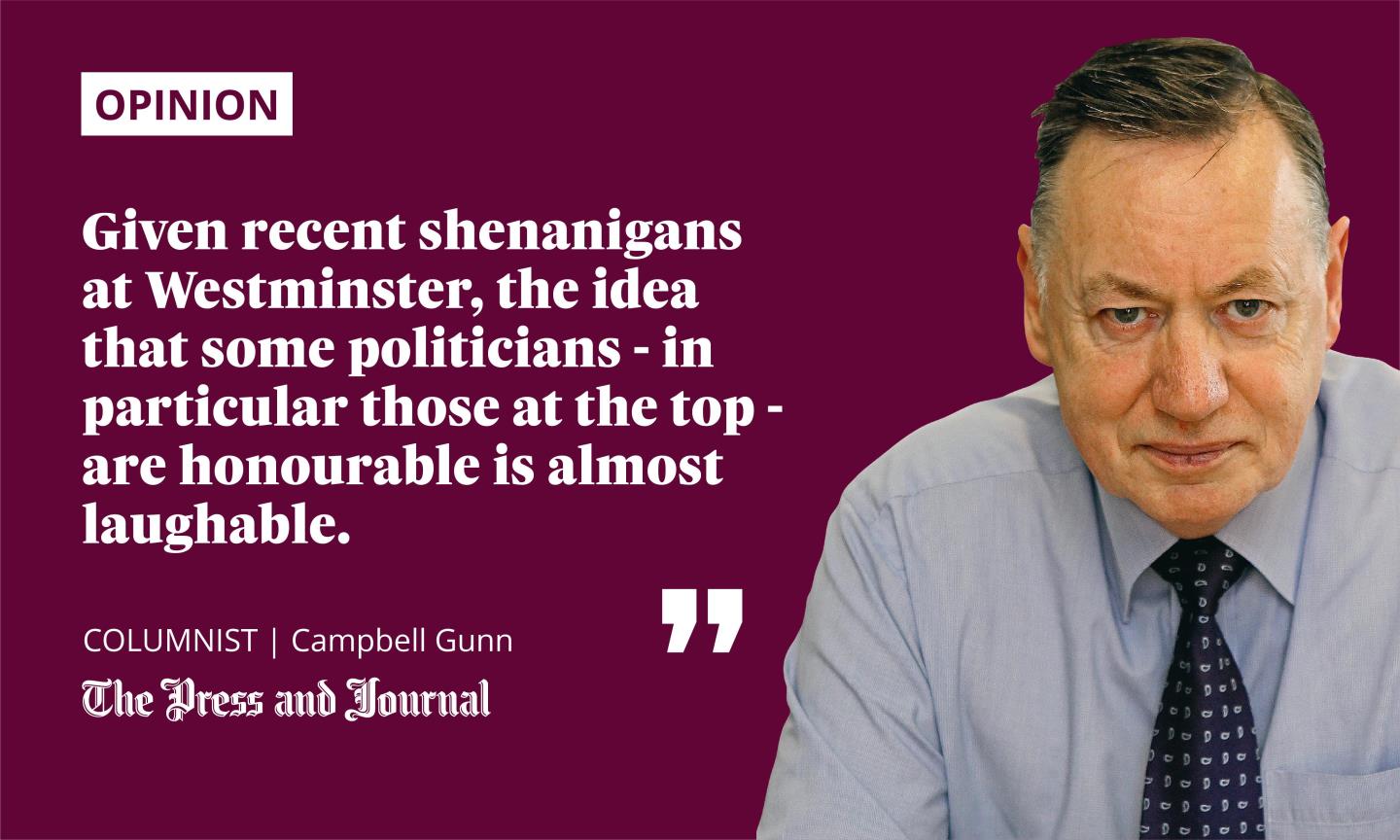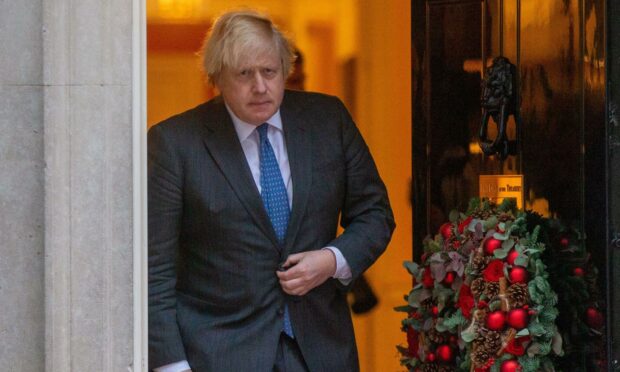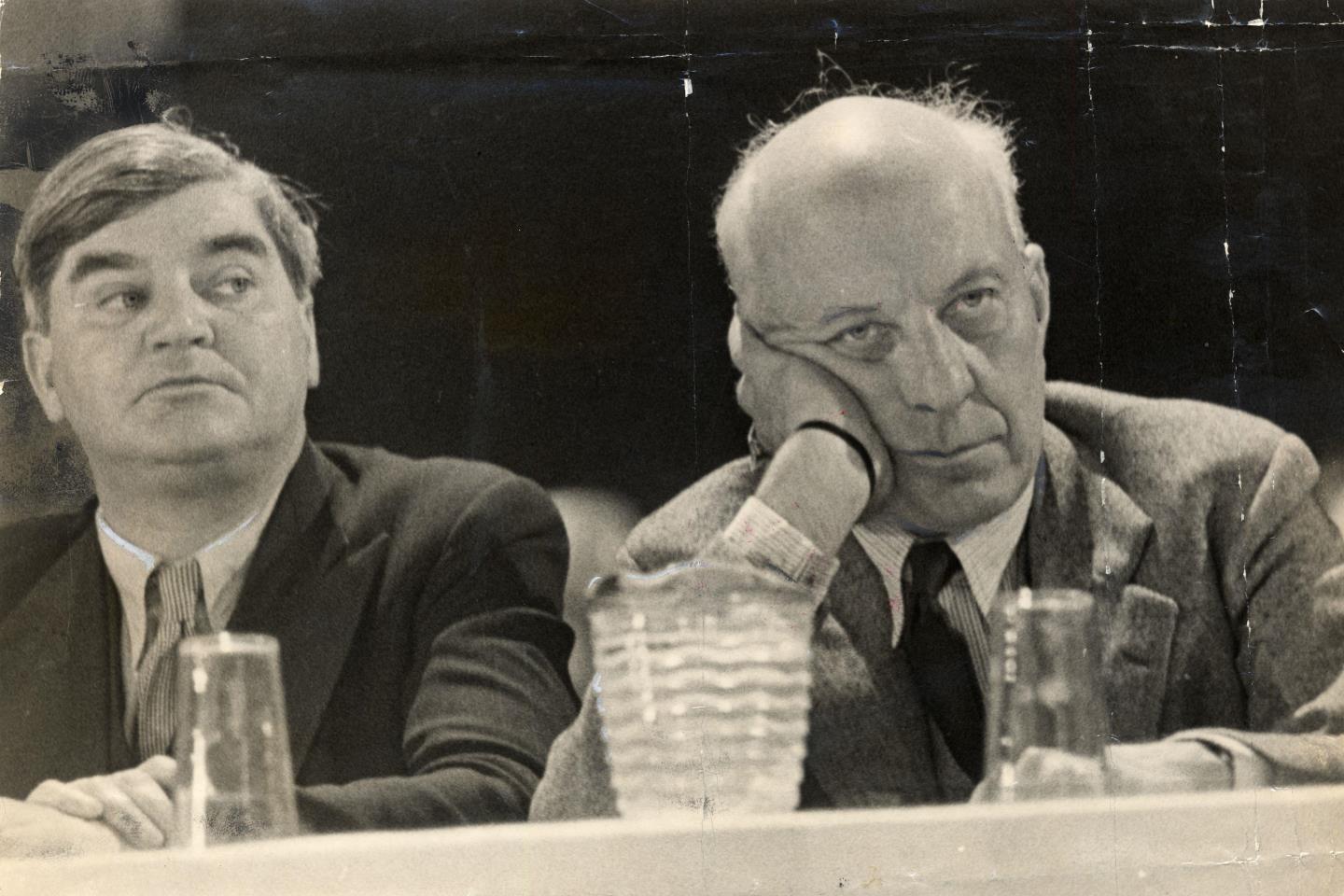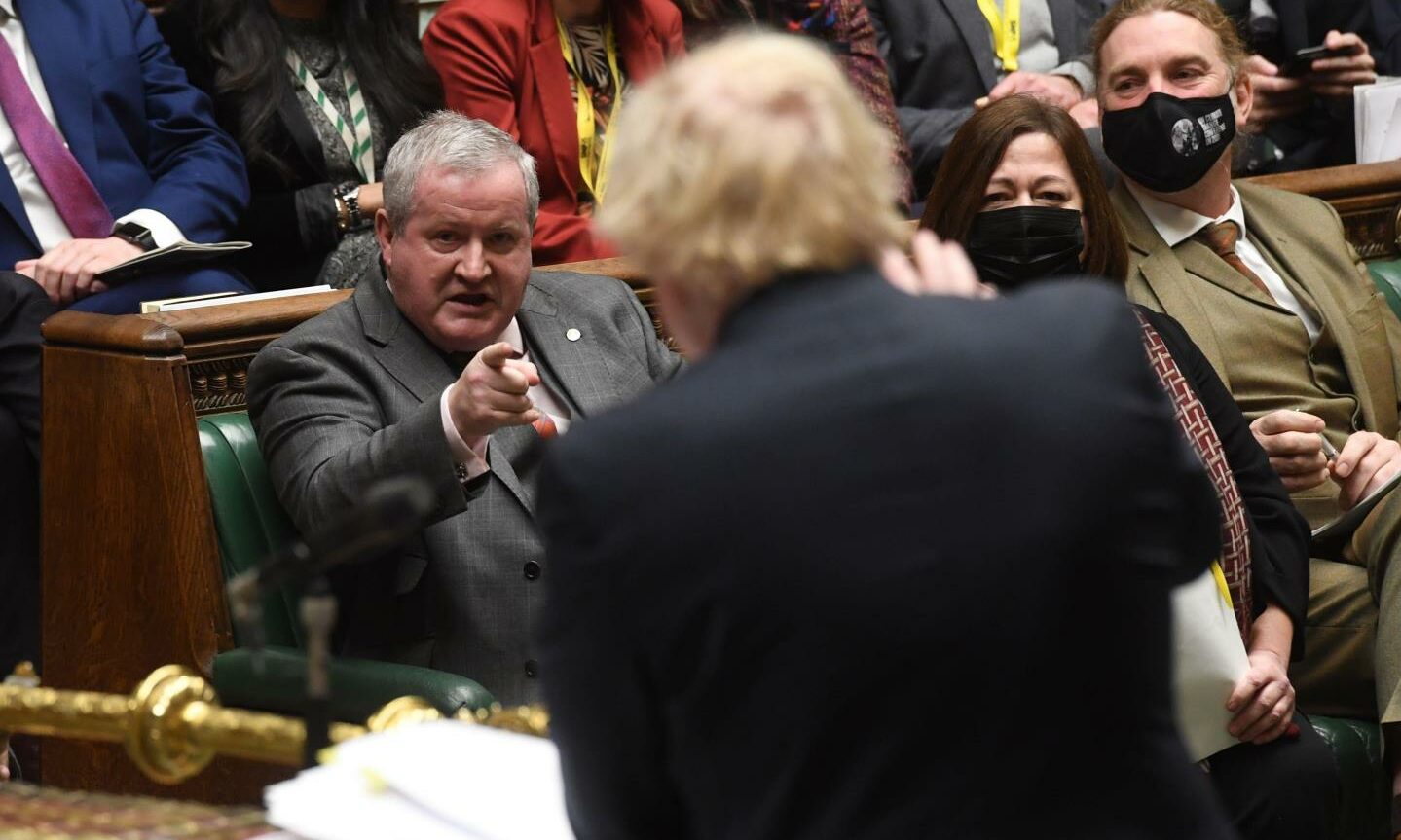As we watch the metaphorical crossing of political swords just now, it is apt that I have just finishing reading a new book by Professor Joseph Farrell, titled Honour and the Sword – a history of the culture of duelling, dealing with the convention of honour over the centuries.
It’s actually a far more interesting read than the title might suggest. For example, it relates how the renowned lover Casanova challenged someone to a duel after being called “a Venetian poltroon”. He was happy to accept that he was, indeed, a poltroon but felt the accusation meant that his city had also been insulted, and he demanded satisfaction on its behalf.

Honour is defined as the quality of knowing and doing what is morally right. Of course, the very concept today seems a thing of the past. Only in the House of Commons – in the United Kingdom, at any rate – are individuals still addressed as “honourable”.
An MP speaking about one of his or her colleagues will say “my honourable friend”, though convention also adds that they are “right honourable members” if they have been elevated to the Privy Council. Lawyers who are also Queen’s Counsel may be addressed as “honourable and learned”, while a commissioned armed forces officer may be called “the honourable and gallant member”, though this latter title has fallen from use in recent years.
Political duels aren’t ancient history
Given recent shenanigans at Westminster, the idea that some of them – in particular those at the top – are honourable is almost laughable. Office affairs and breaches of rules which the rest of us are expected to obey are one thing. But, more serious is the regular use of terminological inexactitudes – a phrase introduced by Winston Churchill in 1906 to circumvent Commons rules, which ban accusing an honourable member of lying.
It was not always so. Back in 1947, Labour chancellor Hugh Dalton honourably resigned after details of his Budget speech appeared in a London evening newspaper some 20 minutes before he rose to speak in the House. Compare that with the trails in the media these days, which reveal almost everything to be announced in the week before Budget day.
During the 1960s, in another matter of honour, defence secretary John Profumo resigned, not because of his affairs with call girls or their association with a Russian spy, but because he lied to the House of Commons about it.
However, as Professor Farrell details in his book, duels between politicians on a point of honour was once almost commonplace. Those who have seen the musical Hamilton will know that Alexander Hamilton, the former United States secretary to the Treasury, fought at least three duels, in the last of which, against the US vice president Aaron Burr, he was fatally shot.
In 1809, two British cabinet ministers, Lords Castlereagh and Canning, fought a duel after Canning had arranged to have Castlereagh sacked, but in a breach of the code of honour, had not informed him. The Duke of Wellington even fought a duel while prime minister.
Surprisingly, perhaps, the last duel fought between rival politicians happened as recently as 1967, when two members of the French National Assembly, Gaston Defferre and René Ribière, fought with swords outside Paris after Defferre told Ribière to “shut up” during a debate. During the fight, Ribière was wounded twice but still made it to church next day for his wedding.
Will Boris ever do the honourable thing?
Honour, then, was still alive in political circles – both in Britain and France, at least – up to the 1960s. What has happened since?
We have a prime minister who cannot even tell us how many children he has. Terminological inexactitudes are offered on a daily basis as fact
Live television debates have seen allegations thrown and insults exchanged in a manner unknown in previous decades, and the advent of social media has lowered the tone of political exchange to a level unforeseen just a few years ago.
Today, it seems we live in a country ruled by politicians who appear devoid of any semblance of honour. We have a prime minister who cannot even tell us how many children he has. Terminological inexactitudes are offered on a daily basis as fact. When was the last time you can remember an MP resigning on a matter of honour?
It is to SNP leader Ian Blackford’s credit that he was the first to throw down the gauntlet and challenge Boris Johnson to resign, and others have since echoed his call. It seems very unlikely though that this Prime Minister will do the honourable thing and fall on his own sword. However, given last week’s by-election result, it may be his own friends in the Tory Party who finally do the dishonourable thing and stab him in the back.
Campbell Gunn is a retired political editor who served as special adviser to two first ministers of Scotland, and a Munro compleatist


